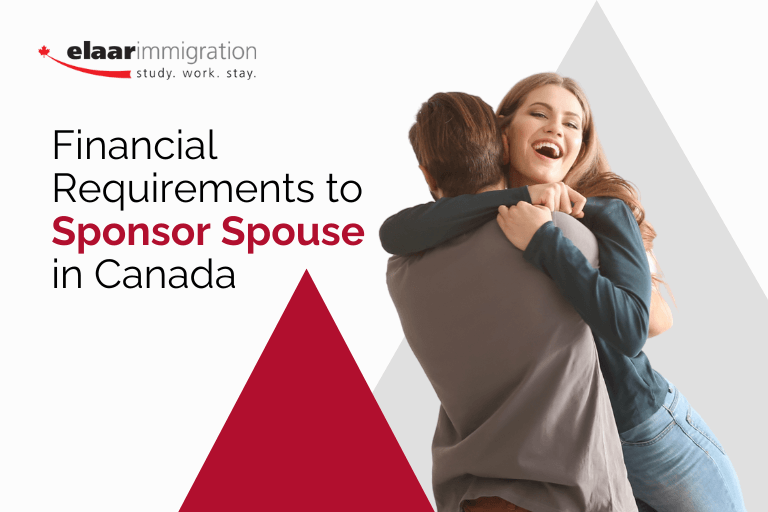Common Mistakes Leading to Refusal
There are several common mistakes as well that applicants may make, which may lead to
refusal. These generally include:
Assuming MNI Doesn’t Apply to You
Many sponsors believe MNI exemptions apply universally. However, you must meet the LICO-based income threshold if your spouse has dependent children (e.g., from a previous relationship). One refusal reason states:
“You have not demonstrated that you meet the minimum income requirement to sponsor all family members.”
For this, you need to calculate your total family size (including dependents) and cross-reference it with the latest LICO table.
2. Relying on Co-Signers
Co-signers (e.g., a parent) can help meet MNI requirements, but they must:
- Be a Canadian citizen or permanent resident.
- Reside in Canada.
- Agree to share financial responsibility for your spouse.
Having said that, it is important to note that co-signers with poor credit history or outstanding
social assistance debts will disqualify your application.
3. Ignoring Provincial Differences
Quebec has its own sponsorship rules, including higher income thresholds. For example, a Quebec sponsor with a spouse and one child must earn at least $47,585 annually (vs. $44,530 federally).
In light of these, there are several ways to strengthen your application as well, as discussed below.
How to Build a Strong Financial Profile for Sponsorship
A successful application hinges on demonstrating consistent and reliable financial stability. Here’s how to position your case for approval:
1. Proactive Financial Preparation
Start compiling financial evidence well in advance—at least six months prior to applying. Immigration officials prioritize stability over temporary gains. To present a robust financial profile:
- For Employees: Obtain a letter from your employer confirming your permanent position and salary. Include recent pay stubs and tax documents as additional proof of steady income.
- For Self-Employed or Freelancers: Submit audited financial statements for the past two years, along with client contracts and bank records showing consistent deposits.
- For Those Relying on Savings: Provide six months of detailed bank statements and attach a sworn affidavit explaining how these savings will cover your spouse’s needs during the sponsorship period.
- If you’ve recently switched jobs, be sure to include your employment contract and a cover letter explaining the transition.
2. Addressing Employment Gaps
Unexplained gaps in employment history can raise concerns, so it’s important to address them proactively. If you’ve taken a break for caregiving, education, or other reasons:
- Write a detailed cover letter outlining the circumstances.
- Include supporting evidence, such as savings records, rental income documentation, or spousal support payments.
For example, someone who paused their career to care for an elderly parent could provide bank statements showing $30,000 in savings and a letter from their spouse’s overseas employer confirming future financial contributions.
3. Professional Guidance
Working with an immigration consultant can help you identify potential weaknesses in your financial profile. A consultant can assist in putting together a personalized explanation letter to address irregular income or unconventional assets, such as cryptocurrency holdings or foreign property.













